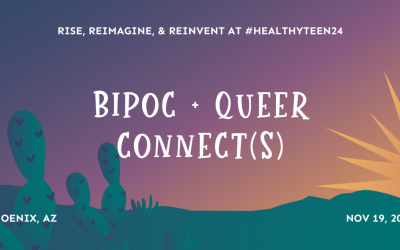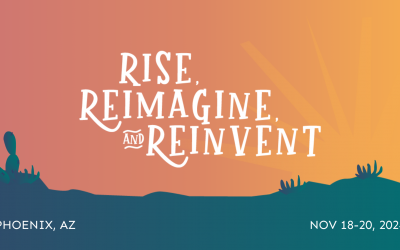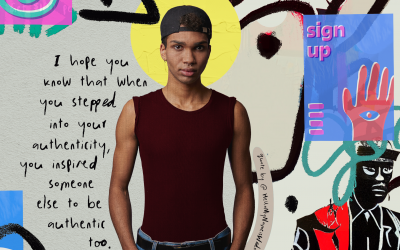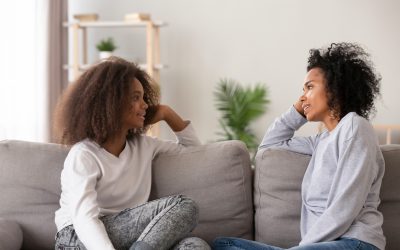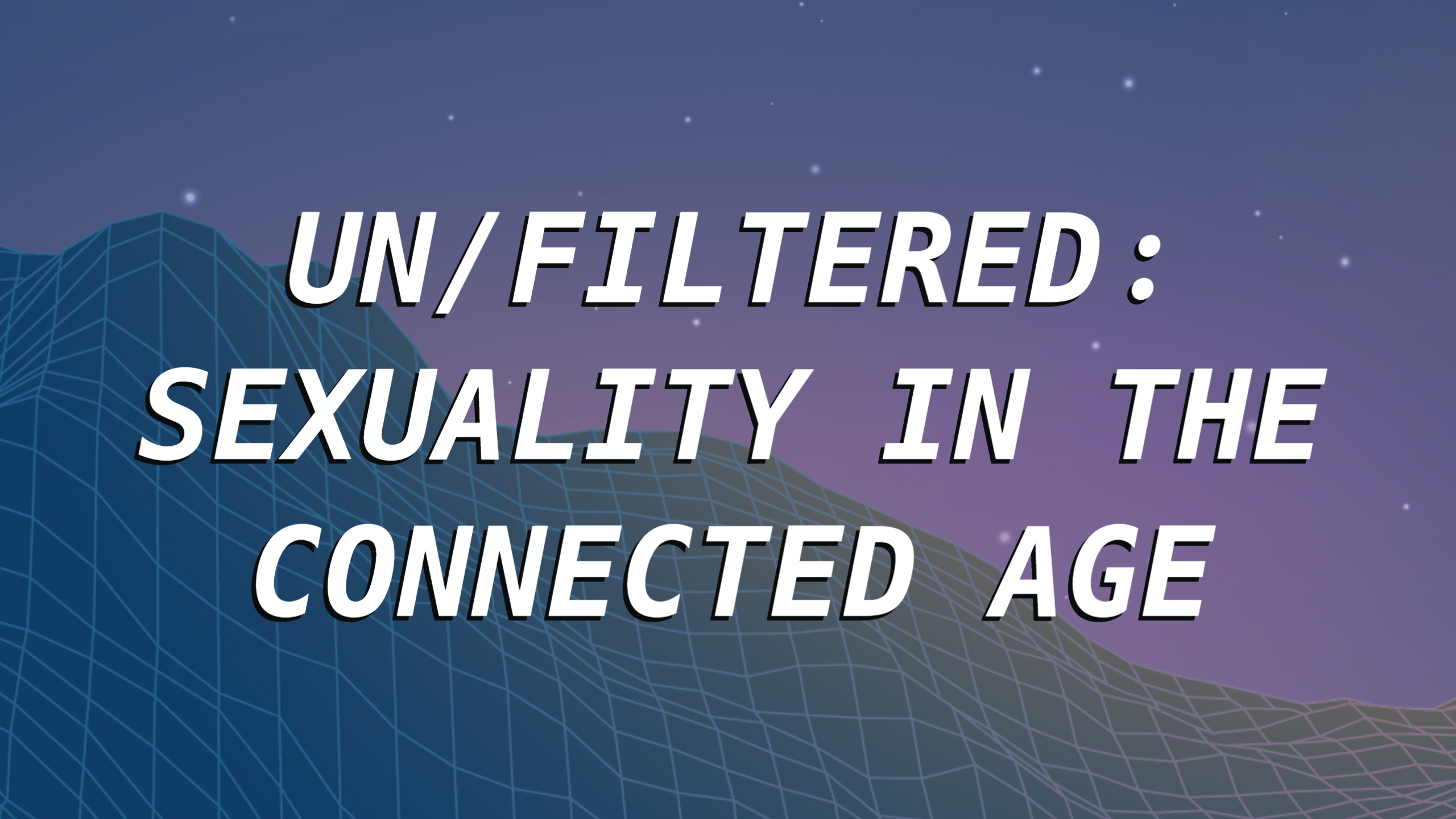
Now is the time to talk to youth about sex and technology.
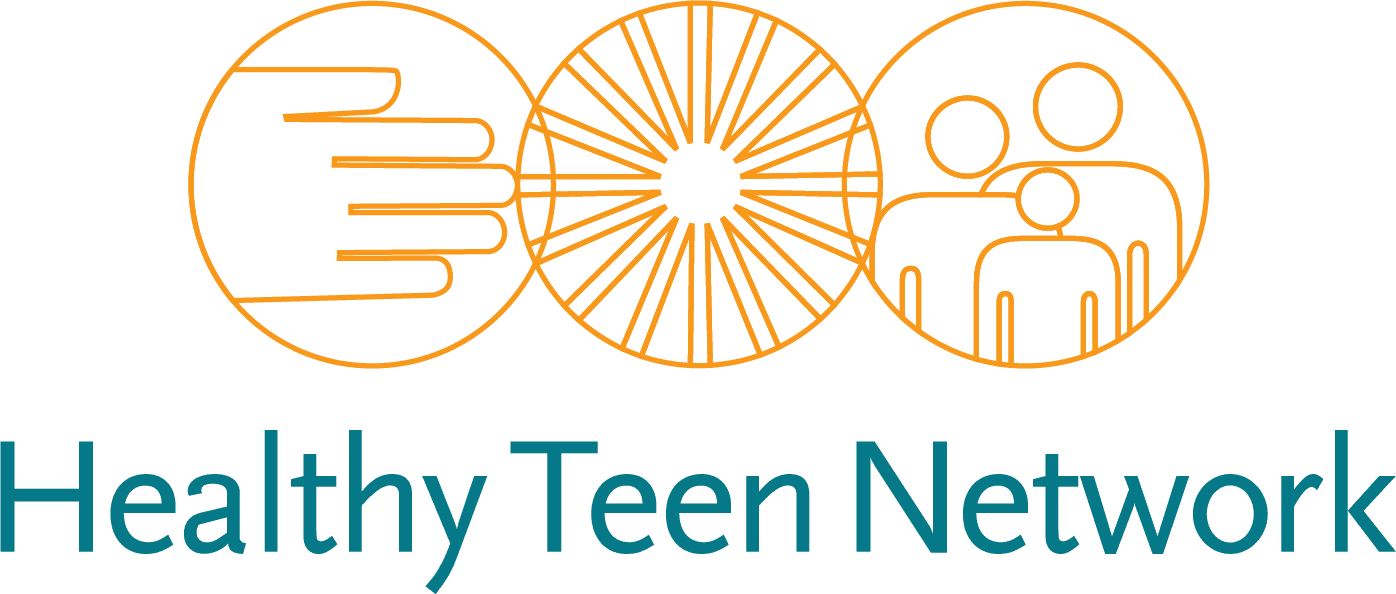
December 11, 2020
From sexting to dating apps, young people are connected to technology and digital media more than ever, and this connectivity is helping shape their virtual and physical relationships with others.
For some educators, it’s hard to imagine intimate relationships that started, matured, culminated, and ended all through the use of digital media. For others, it’s impossible not to think of digital media as a critical ingredient for meeting and connecting with potential partners.
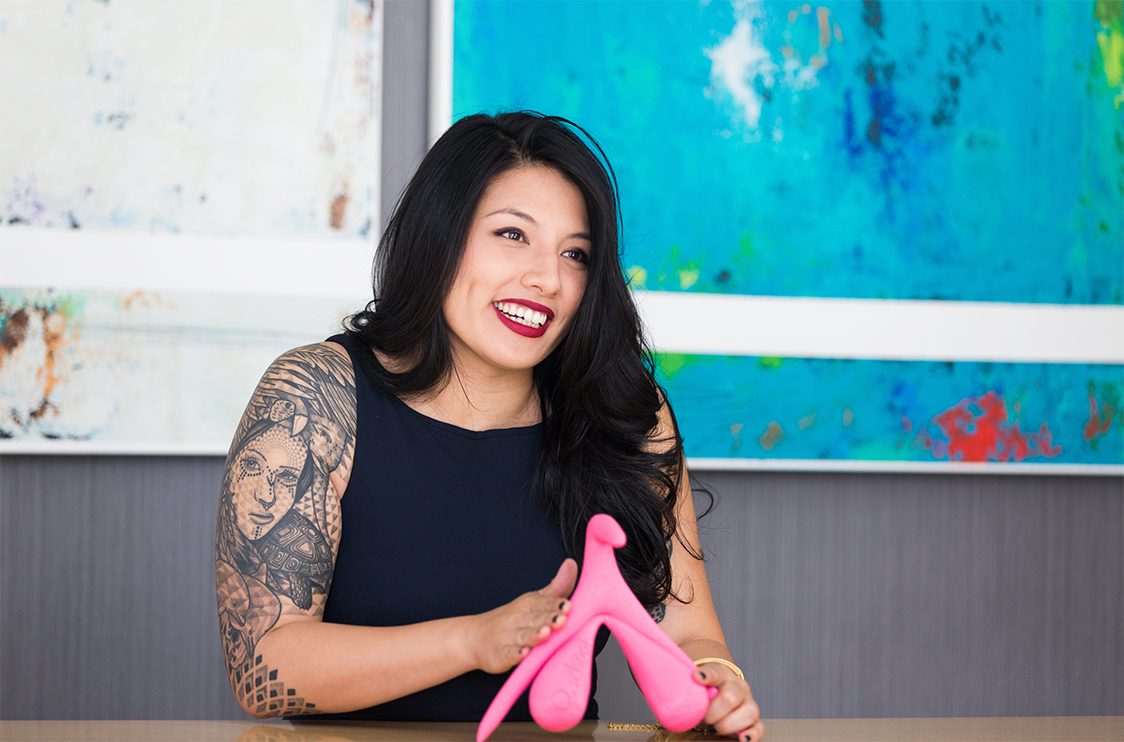
Andrea Barrica, sex tech entrepreneur and founder of O.school and the author of Sextech Revolution: the Future of Sexual Wellness.
To open #HealthyTeen20, keynote Andrea Barrica took us on a tour exploring the current landscape of technology—the good and the concerning—that youth are engaging with and provide actionable ways for educators and youth advocates to meet youth where they are—which is often online in digital spaces.
“The time to ask should we talk to youth about sex and technology has passed. Now it is time to talk about how we need to talk to youth.”
Andrea told us during the keynote, “The time to ask should we talk to youth about sex and technology has passed. Now it is time to talk about how we need to talk to youth.”
During the three days of conference, we heard a lot of meaningful comments and takeaways from both presenters and attendees. Here are a few:
- We heard across a number of sessions that there are no data that show scaring young people about the legal consequences of sexting makes them less likely to sext. As we know with so many other aspects of sexual health education, fear, and shame doesn’t work. Perhaps it’s time to reframe sexting. Whether it’s trading pics or texts, young adults are using “new” media to talk about desires and boundaries.
- We need to educate youth based on science rather than morals, while being aware of how our personal values can shut down the whole conversation.
- Stop telling young people what to do; instead listen. They have a lot to say.
- Young people value their privacy because they are afraid of being judged. When they learn to trust you and learn that you won’t judge them, they won’t ask for that much privacy.
- Sometimes, usually reacting out of fear, adults will push back against technology, and the radical reaction fails to acknowledge the good aspects of it. We know young people are connecting online in many positive ways.
- There are many ways, COVID or not, that the connected age is good for all of us—we can find support, grow, make connections online, and that shouldn’t be sidelined out of fear.
- There’s a balance here, in making sure young people are equipped with the tools to navigate and use technology and to benefit from the many advantages it offers.
- During this pandemic, we are all relying on technology to make connections while staying safe. Across the country, many schools are 100% virtual, or some hybrid. Teachers are working hard to make connections, to keep their students engaged. But we have new tools—which can also be overwhelming. It can be both exciting and intimidating to see what’s out there…and we need to give ourselves permission to take it one step at a time—explore what’s new, but do it at a pace that we can learn it, embrace it, and use it in meaningful ways to work with youth.
- Technology changes quickly. Youth utilization of technology for pleasure, intimacy, and entertainment changes as well. Don’t feel you need to have all the answers, or force conversations you may not feel well equipped to have. Foster partnerships, leverage the efforts of people, young people, already doing the work, and always keep youth at the center of all and any conversations to engage them in a meaningful way.
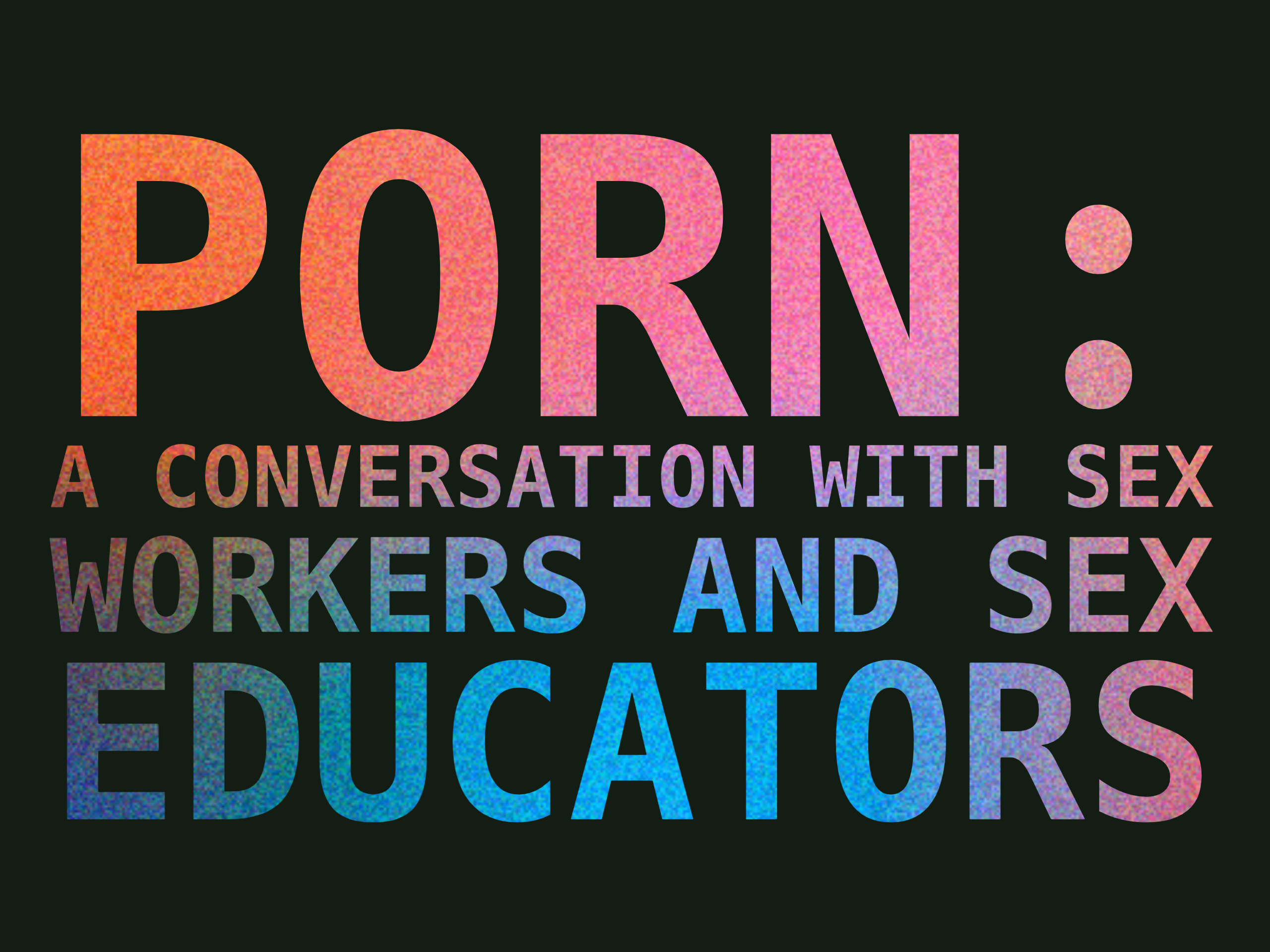
For our closing session this year, we had a unique opportunity to bring together sex workers, adult performers, and sex ed educators for a frank, provocative, and interdisciplinary conversation about porn. Led by moderator Mia Little, panelists Mani Bleechington, King Noire, Jet Setting Jasmine, Jessica Melendez, Avry Schellenbach, Gillian Silver, and Hilary Towle dove into how young people use porn, how they feel about it, and what parents and educators can do to have effective conversations about porn.
And why not? Few topics are perhaps more relevant for understanding sexuality in the connected age than pornography. With fast connections and ubiquitous smartphones, today’s technologies make it easier than ever to interact with porn—and we know young people are. They, like people of all ages, look to it for sexual arousal, out of curiosity, and to find answers to their questions about sex.
Porn is sex mediated, is ubiquitous, and we need to talk about it. That’s our job as sexual and reproductive health professionals.
Porn is sex mediated, is ubiquitous, and we need to talk about it. That’s our job as sexual and reproductive health professionals. Media literacy frameworks can help us do this, taking us “behind the scenes” to unpack the performance of gender and sexuality, as well as the representation of bodies, races, and identities in porn.
There are many ways, COVID or not, that the connected age is good for all of us—we can find support, grow, make connections online, and that shouldn’t be sidelined out of fear. There’s a balance here, in making sure young people are equipped with the information, tools, and skills to navigate and use technology and to benefit from the many advantages it offers.
Catch our Interim Present and CEO Janet Max’s closing remarks below. We hope to see you someway, somehow next October for our 2021 conference, if not sooner!
Closing remarks from Janet Max, our Interim President and CEO.
At Healthy Teen Network, we believe every young person has the right to be who they are and love who they love. And we see you, the professionals and caring adults, helping them do this. We know you do your best when you're connected to great opportunities and resources. That's why we're here...to help make those connections and support you. Read more about us.



